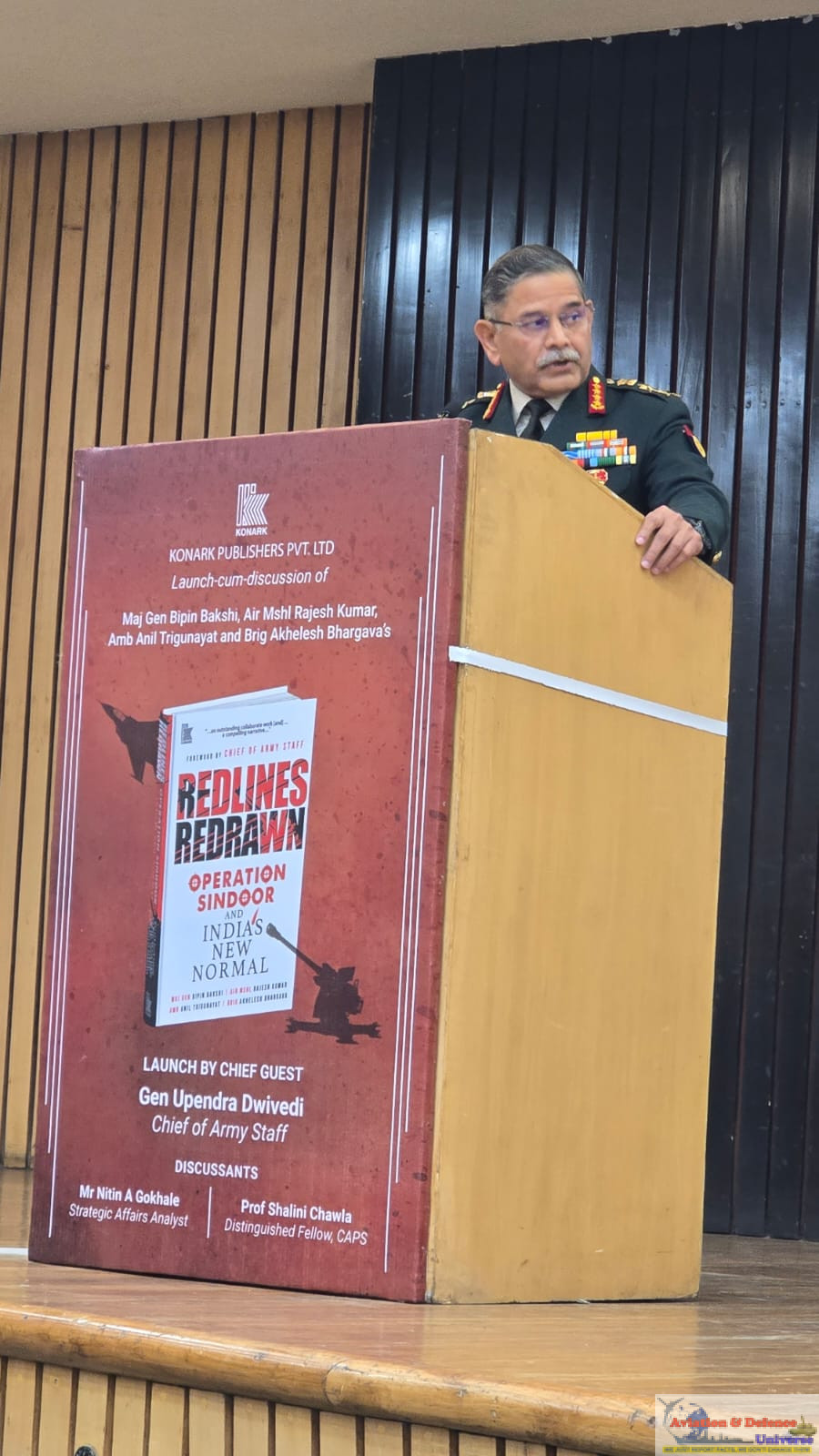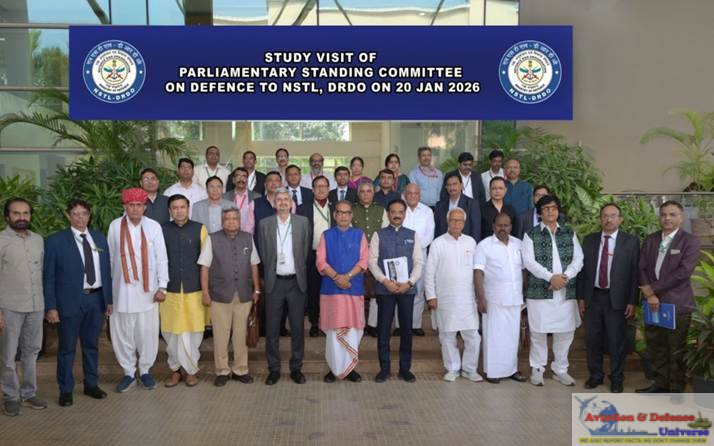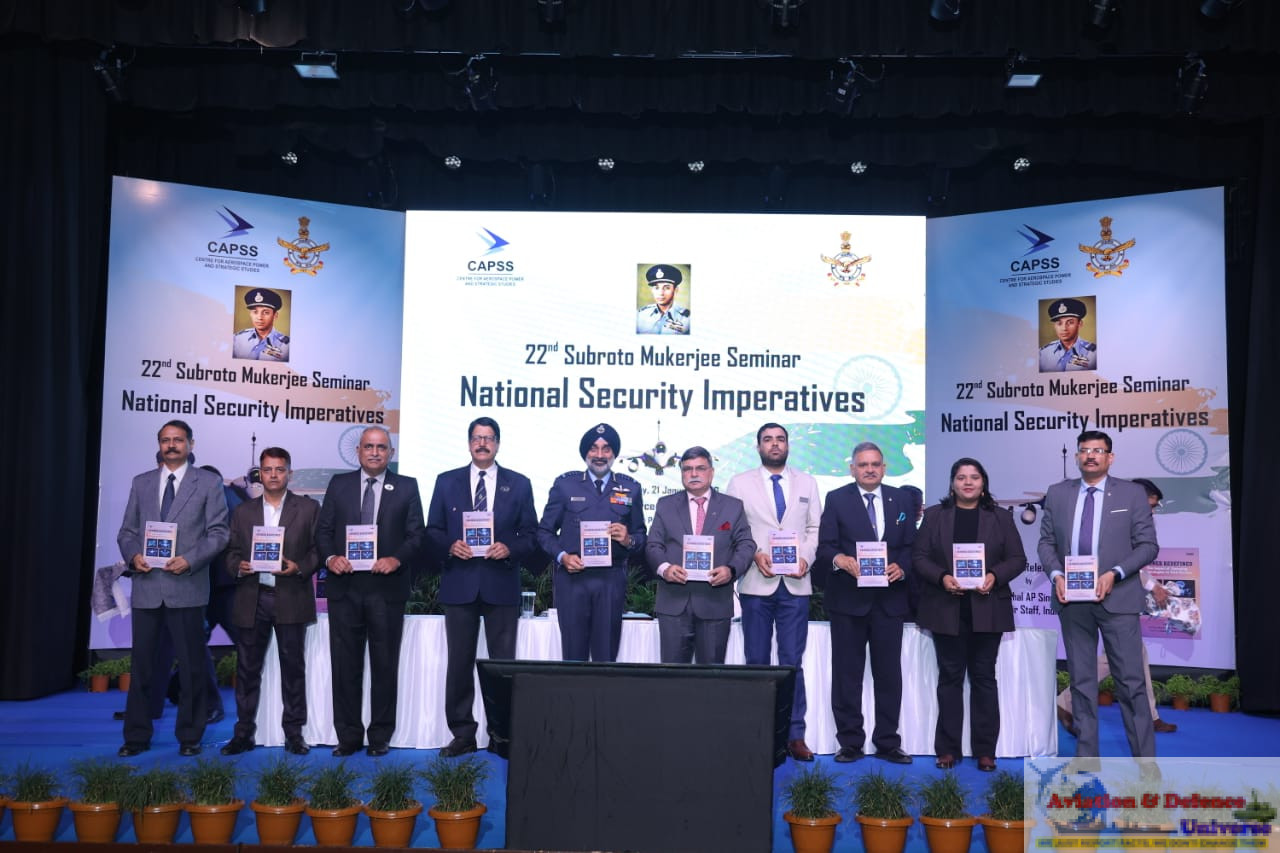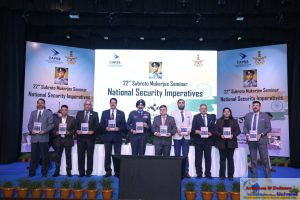
- The Modern Playbook of Espionage by Daniel Martindale
- Deep Cover and Digital Trails: Espionage in the Age of Proxy Wars
By Jai Kumar Verma
New Delhi. 24 July 2025. In an age where battlefield victories depend as much on intelligence as on firepower, the case of Daniel Martindale—a U.S. citizen accused of spying for Russia in Ukraine—offers a chilling glimpse into the evolving strategies of modern-day espionage. His journey from language teacher to alleged intelligence asset not only reflects the blurred lines between ideology and betrayal but also unveils how online platforms, ideological motivations, and deep-cover operations have transformed the way intelligence wars are fought in contemporary conflict zones.
In a notable development this month, Russian President Vladimir Putin granted citizenship to Daniel Martindale, a U.S. national alleged to have carried out espionage activities for Russia in Ukraine. The decision has intensified concerns within the international defence and intelligence communities, further underscoring the evolving complexities of geopolitical rivalry and covert operations in the region. Reports suggest that Martindale spent over two years in Ukraine transmitting military coordinates to Russia to aid their offensive. He allegedly contacted pro-Russian forces via Telegram and passed on information about Ukrainian military facilities in the Donetsk region.

According to reports from Russian state media, Daniel Martindale is alleged to have provided Russian authorities with sensitive intelligence, including the positions of Ukrainian military units and other critical operational details within Ukrainian-held areas of Donetsk. Russian media claimed that according to the information supplied by Martindale, Russian military conducted “precise strikes” against Ukrainian positions. The information helped Russians in planning and executing offensive operations. Denis Pushilin, the Russian-installed head of the Donetsk region, claimed that some of the intelligence shared by Martindale contributed directly to the Russian forces’ successful capture of the strategically significant city of Kurakhove. Pushilin further claimed that Martindale was instrumental in the seizure of the village of Bohoiavlenka in October 2023, highlighting the operational impact of his alleged involvement in the conflict.
Russian media sources also reported that Daniel Martindale operated in Ukraine for approximately two years, relaying military coordinates and intelligence to Russian forces following the full-scale invasion in February 2022. According to his own statements, he began transmitting information related to Ukrainian military facilities in the Donetsk region in the early stages of the conflict—activity that aligns with the two-year espionage timeline cited by Russian state outlets.

Today’s battlefields are increasingly shaped by information warfare, where intelligence agencies leverage both traditional methods and digital innovations to recruit assets and gather actionable data. Martindale’s story, as detailed by Russian state media, reveals how encrypted apps like Telegram are used to communicate with operatives and transmit sensitive information—ranging from military coordinates to troop movements. According to Russian claims, his information was instrumental in Russian strikes on Ukrainian military positions and the capture of cities like Kurakhove and Bohoiavlenka. Martindale’s use of “missionary” cover and his deep ideological alignment with Russian values demonstrate how spies are now groomed not just for skills, but for belief systems. As he publicly stated, “Russia is not only my home but also my family,” underlining how ideological sympathy can be weaponised into espionage.
According to Russian state media, Daniel Martindale initiated contact with Russian intelligence services independently and was subsequently directed to relocate to the city of Vuhledar to await the advance of Russian forces. However, Ukrainian journalists have raised questions about the timeline of his involvement, suggesting that Martindale may have been recruited by Russian intelligence years earlier. These claims point to his prior residency in Russia between 2016 and 2019, during which he studied the Russian language and worked as an English teacher in Vladivostok—until his deportation for labour law violations. This earlier connection has led to speculation that his ties to Russian operatives may predate the 2022 invasion.

After his deportation from Russia, Daniel Martindale relocated to Poland but reportedly continued to express interest in returning to Russian territory. In early 2022—just days before the launch of Russia’s full-scale invasion of Ukraine—Martindale crossed into Ukraine, allegedly with the intent of reaching the contested Donetsk border region. During this period, he is said to have operated under the guise of a missionary while residing in areas near Vuhledar, which eventually fell to Russian forces in the fall of 2024.
In a development that reiterates the complex intelligence landscape of the ongoing Russia-Ukraine conflict, Russian state media in October 2024 claimed the extraction of a significant intelligence asset from Ukrainian-held territory. According to these reports, the individual in question was identified as a U.S. citizen who had been clandestinely providing actionable intelligence to Russian forces over a two-year period.
The case gained further prominence in November 2024, when a press conference held in Moscow featured a direct statement from Daniel Martindale. During his remarks, Martindale reportedly confirmed his involvement, stating that he had established contact with pro-Russian elements and shared sensitive intelligence pertaining to Ukrainian military infrastructure, particularly within the contested Donetsk region. The implications of this revelation are significant, raising questions about the broader dimensions of foreign involvement in the conflict, the efficacy of counterintelligence efforts, and the evolving nature of information warfare on the Eastern European front. However Ukrainian journalists mentioned that Martindale may be recruited by Russians at the time when he was staying in Russia between 2016 and 2019.

According to Russian state media, the extraction of Daniel Martindale was carried out by Russian special services in a complex operation, reportedly prompted by security concerns related to his presence in Ukrainian-controlled territory. Following the operation, Martindale was transported to Russia, where he applied for citizenship.
Notably, Russian sources also revealed that Martindale had previously been deported from Russia in 2019 for alleged violations of labour regulations—an aspect that adds complexity to his re-entry and current legal status. As of this writing, neither the United States government nor Martindale’s family has issued public statements regarding the circumstances of his extraction or the claims surrounding his activities.
Russians claim that Daniel Martindale was granted Russian citizenship as a reward for his activities in supporting Russia’s military operation in Ukraine and to reiterates his professed loyalty and identification with Russia. Russian citizenship law allows for expedited naturalization for individuals who perform extraordinary service for the Russian state. Martindale spent two years in Ukraine and transmitted high value information. Martindale demonstrated loyalty and he repeatedly expressed his admiration for Russia and desire to become a Russian citizen.
Analysts also mention that Russians have done it for propaganda, that a US citizen who actively supported Russia against Ukraine, was given Russian citizenship as he was eager of getting Russian nationality. Russians propagated that national of western countries including United States are supporting Russian action in Ukraine. It boosts the morale of Russian forces and undermine Western narrative that the international community is unified against Russia’s actions. Offering citizenship to foreign fighters, especially those with specialized skills, can act as a recruitment incentive also.

The intelligence agencies do not hesitate to use extremist outfits for collection of intelligence as well as for executing their clandestine operations. Online platforms, including messaging apps and dating sites, are being used to recruit individuals, communicate with agents, and even conduct sabotage operations. Russia is actively using social media and other platforms to spread misinformation, sow discord, and undermine support for Ukraine.
Martindale’s case highlights how individuals may be recruited through ideological alignment, potentially through online platforms or direct contact, to support foreign adversaries. Intelligence agencies target vulnerable individuals including teenagers, who may be seeking financial gain, driven by ideology, or feeling marginalized. The children and these individuals are used for espionage and sabotage activities. In past Inter Services Intelligence (ISI) used children for stone pelting in Kashmir.
While instances of Westerners aiding Russia in the Ukraine conflict are exceedingly rare, the case of Martindale stands out both for its symbolic weight and the media attention it garners within Russia. His presence reflects a subtle yet emerging trend of Western individuals aligning with Russia on ideological grounds—particularly shared conservative or Christian values. Though still marginal, such cases highlight the complex cultural and ideological dimensions shaping the broader geopolitical landscape of the conflict.
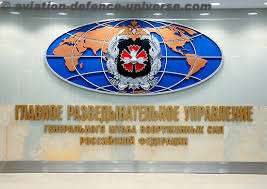 Intelligence agencies are also adapting by focusing on deep-cover agents—individuals who blend into society over years and develop credible personas. Martindale’s earlier years in Vladivostok, where he taught English and studied Russian, are now being examined for signs of premeditated recruitment. Strategic analysts point to a broader trend, where spies are no longer just state actors in diplomatic missions, but embedded civilians who slowly gather trust, access, and intelligence. This shift is paralleled in other conflicts; for instance, the case of Catherine Perez-Shakdam, an Israeli spy who penetrated Iranian circles, shows how gender, faith, and ideology can be powerful tools in modern intelligence operations. (The details can be seen on https://www.aviation-defence-universe.com/spy-strategist-shadow-mossads-female-agent-who-changed-the-israel-iran-conflict/
Intelligence agencies are also adapting by focusing on deep-cover agents—individuals who blend into society over years and develop credible personas. Martindale’s earlier years in Vladivostok, where he taught English and studied Russian, are now being examined for signs of premeditated recruitment. Strategic analysts point to a broader trend, where spies are no longer just state actors in diplomatic missions, but embedded civilians who slowly gather trust, access, and intelligence. This shift is paralleled in other conflicts; for instance, the case of Catherine Perez-Shakdam, an Israeli spy who penetrated Iranian circles, shows how gender, faith, and ideology can be powerful tools in modern intelligence operations. (The details can be seen on https://www.aviation-defence-universe.com/spy-strategist-shadow-mossads-female-agent-who-changed-the-israel-iran-conflict/
The Daniel Martindale episode illustrates the increasingly murky terrain of global espionage—where ideology, identity, and digital connectivity converge to produce new-age spies. Whether motivated by personal conviction or recruited through strategic grooming, these operatives operate in a hybrid space that challenges traditional notions of loyalty and warfare. As intelligence services double down on recruiting such assets, the lines between citizen and combatant, missionary and militant, continue to blur—marking a new era in clandestine warfare.
(Jai Kumar Verma is a Delhi-based strategic analyst and member of United Services Institute of India and The Manohar Parrikar Institute for Defence Studies and Analyses,. The views in the article are solely the author’s. He can be contacted at editor.adu@gmail.com)












